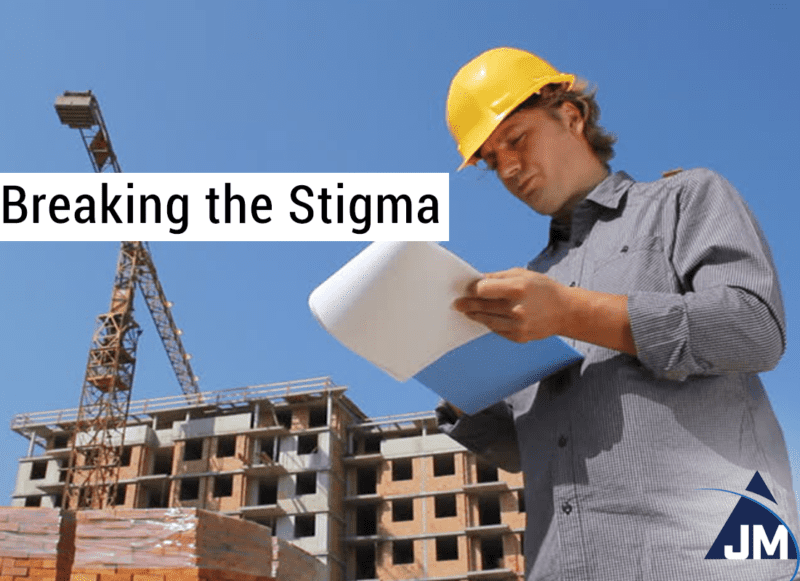According to the Substance Abuse and Mental Health Services Administration (SAMHSA), the construction industry has one of the highest rates of substance abuse and substance use disorders when compared with other US industries.
What’s more, a study by the Massachusetts Department of Public Health found that nearly a quarter of overdose deaths within a five-year period occurred among individuals who work in construction. The report also cites research indicating that injured workers are commonly prescribed opioid painkillers which can lead to addiction.
Clearly, there are high-risk factors involved in a number of construction industry jobs. Employees under the influence of drugs or alcohol put themselves and their colleagues in jeopardy by increasing the risk of accidents. Without question, addiction within our sector has become a public health issue which requires a comprehensive and thoughtful response.
It is important for management to understand and recognize the signs of substance abuse disorders, and individuals displaying these behaviors should be evaluated. Additionally, coworkers should be encouraged to discuss concerns with management in an environment of strict confidentiality. All employees should be made aware of programs and services available for help and support.
Recently, Boston building trade leaders held Building Trades Recovery Week which focused on breaking the stigma surrounding substance abuse, particularly opioid addiction, within the construction industry. This weeklong conference featured various discussions on initiatives, both locally and nationally, designed to address substance abuse and related issues. Among these speakers were Boston Mayor Marty Walsh, Frank Callahan of Massachusetts Building Trades Council, and Chris Herren, former Celtics player and substance abuse treatment advocate. A recent Boston Globe article spotlights the conference and reveals how two local men in the industry have benefited from the programs with assistance from IBEW Local 103.
In an effort to raise awareness on dependency and the counseling and treatment services available to those affected, we have highlighted a few local programs:
MODERN ASSISTANCE
Located in Quincy, Modern Assistance offers a full range of services, including support for substance abuse and mental health. Modern Assistance operates an Intensive Outpatient Program focused on education and treatment of addiction issues in a group setting. The program is designed for clients who are not in need of inpatient care but require the support of a structured day program. Modern Assistance also offers early recovery groups designed to educate clients about addiction, related behaviors and consequences using structured, group-specific content provided by a trained facilitator.
MASSACHUSETTS ASSOCIATION OF ALCOHOLISM AND DRUG ABUSE COUNSELORS (MAADAC)
MAADAC is a statewide organization dedicated to enhancing the health and recovery of individuals, families, and communities. Its mission is to lead, unify and empower those it serves to achieve excellence through education, advocacy, and knowledge, standards of practice, ethics, professional development, and research.
MASSACHUSETTS ORGANIZATION FOR ADDICTION RECOVERY (MOAR)
MOAR represents and organizes over 1,000 recovering individuals, their families and friends across the state into a collective voice to educate the public about the value of recovery from alcohol and other drug addictions. MOAR provides peer recovery support services to build a strong voice for recovery; and seeks to enhance the continuum of care services with an emphasis on youth and families.
It is no secret that substance abuse and the opioid epidemic affects countless Massachusetts families including many working within the construction industry. It is crucial to break the silence and end the stigma surrounding addiction in order to help rebuild lives.
